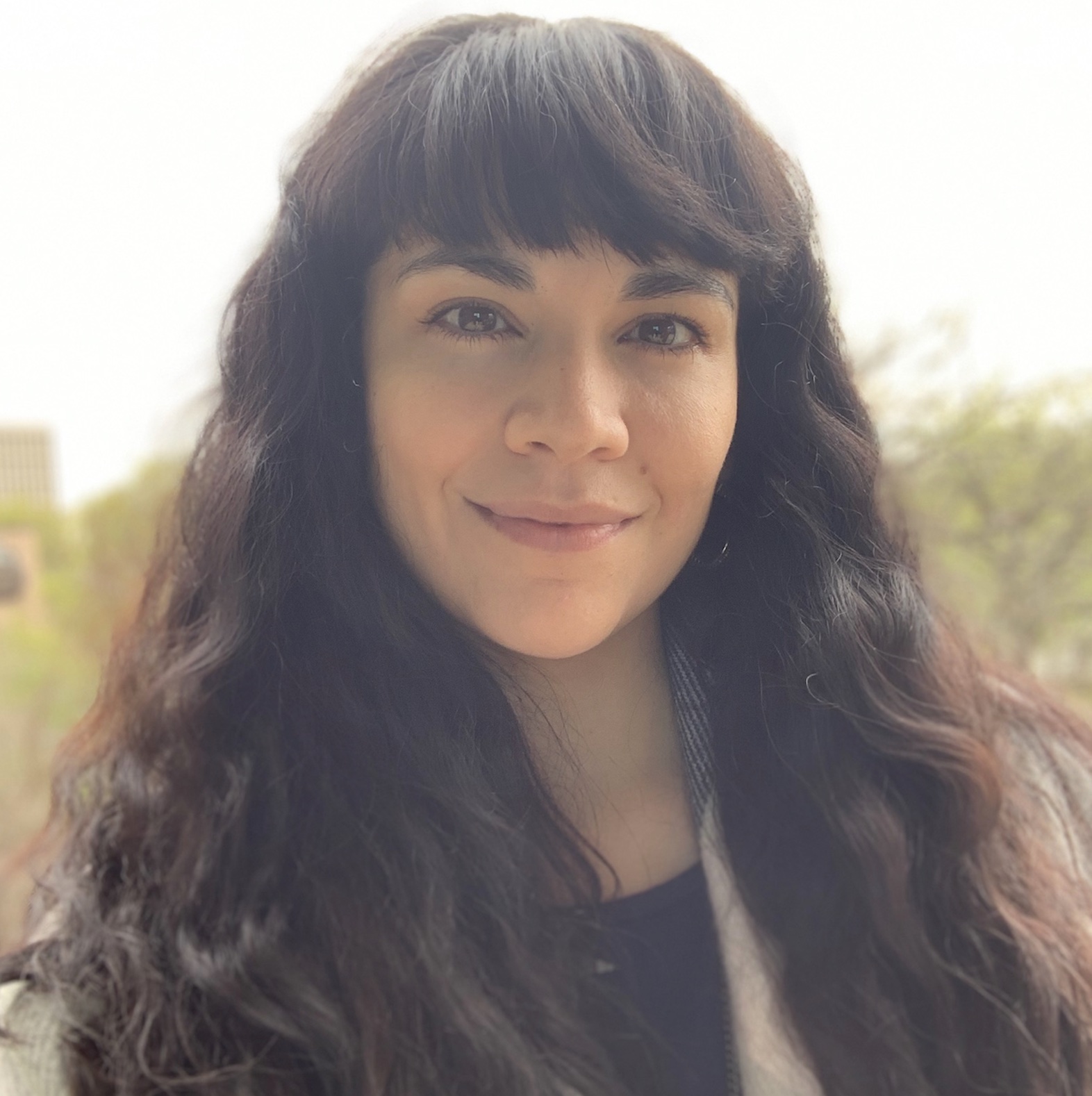Adrianna M Santos

Adrianna M Santos
College Of Arts And Sciences
Department of Language, Literature, and Arts
Associate Professor
Central Academic Building Room 319
210-784-2278
adrianna.santos@tamusa.edu
No CV Attached
Adrianna M. Santos (she/her/ella) earned a B.A. from the University of Texas at Austin and M.A. and Ph.D. from the University of California, Santa Barbara. She is an associate professor of English at Texas A&M University-San Antonio, and a faculty advisor for the Mexican American Student Association. Dr. Santos is the author of Cicatrix Poetics, Trauma and Healing in the Literary Borderlands: Beyond Survival (Palgrave 2024) and has published in the journals of Aztlán, Chicana/Latina Studies, and Journal of Latina Critical Feminism, with chapters in Teaching Mexicana and Chicana Writers of the Twentieth Century (MLA 2020), Nerds Goths, Geeks, and Freaks: Outsiders in Chicanx/Latinx Young Adult Literature (Mississippi 2020), and Shakespeare and Latinidad (Edinburgh 2021). She is co-editor of El Mundo Zurdo 8 & 9: Selected Works from the Meeting of the Society for the Study of Gloria Anzaldúa (Aunt Lute Books 2022 & 2023) and The Bard in the Borderlands: An Anthology of Shakespeare Appropriations en La Frontera, Vols. 1 & 2 (Arizona Center for Medieval and Renaissance Studies Press 2023 & 2024) and co-founder of the Borderlands Shakespeare Colectiva.